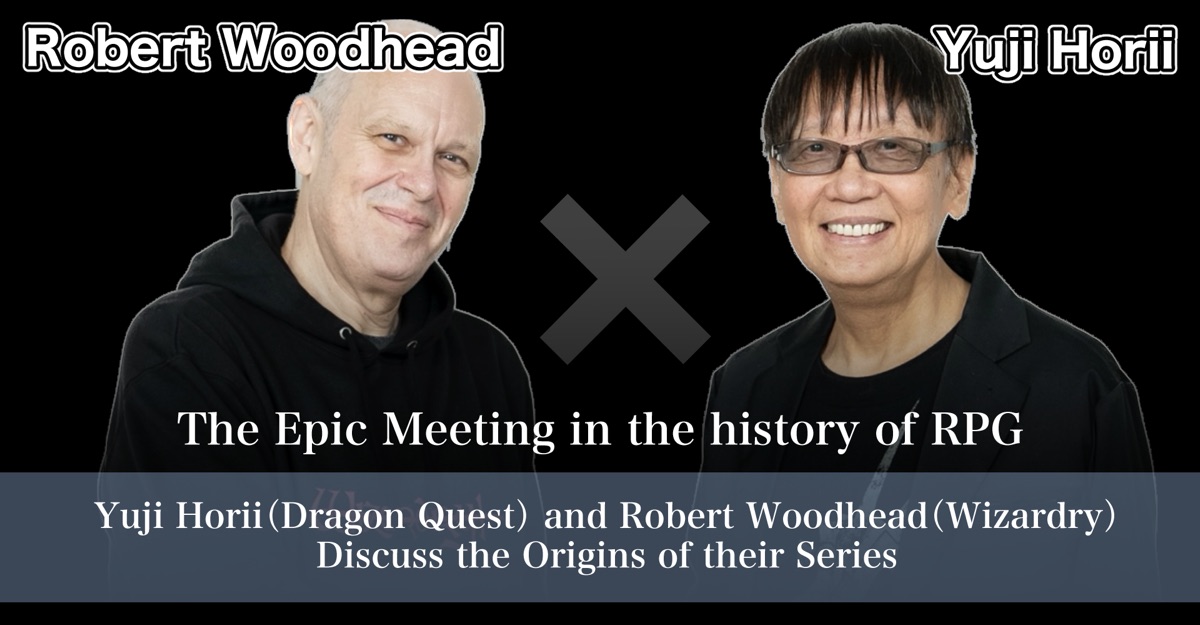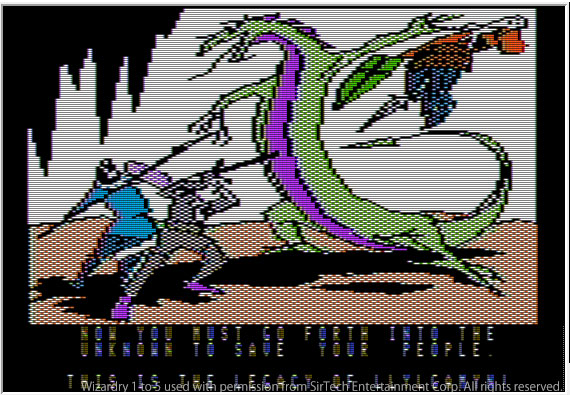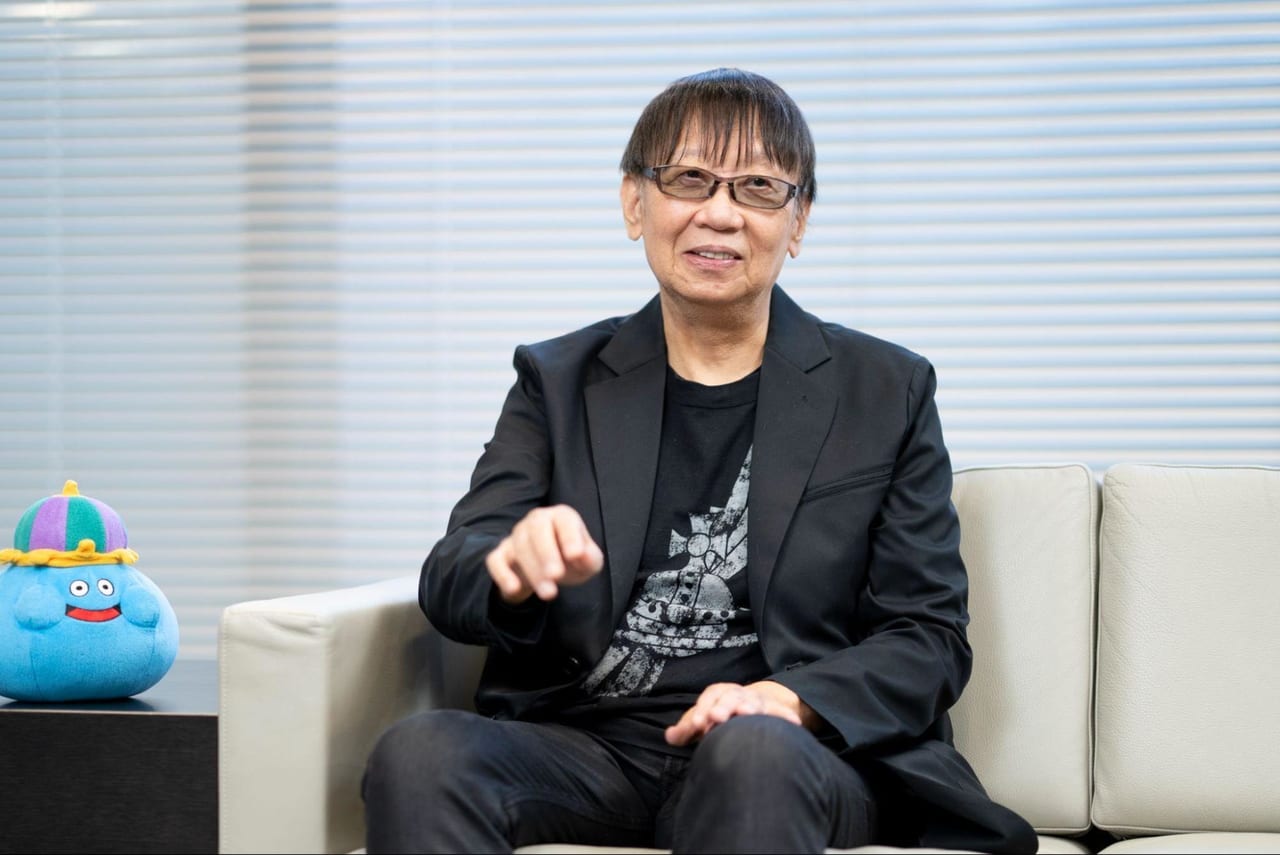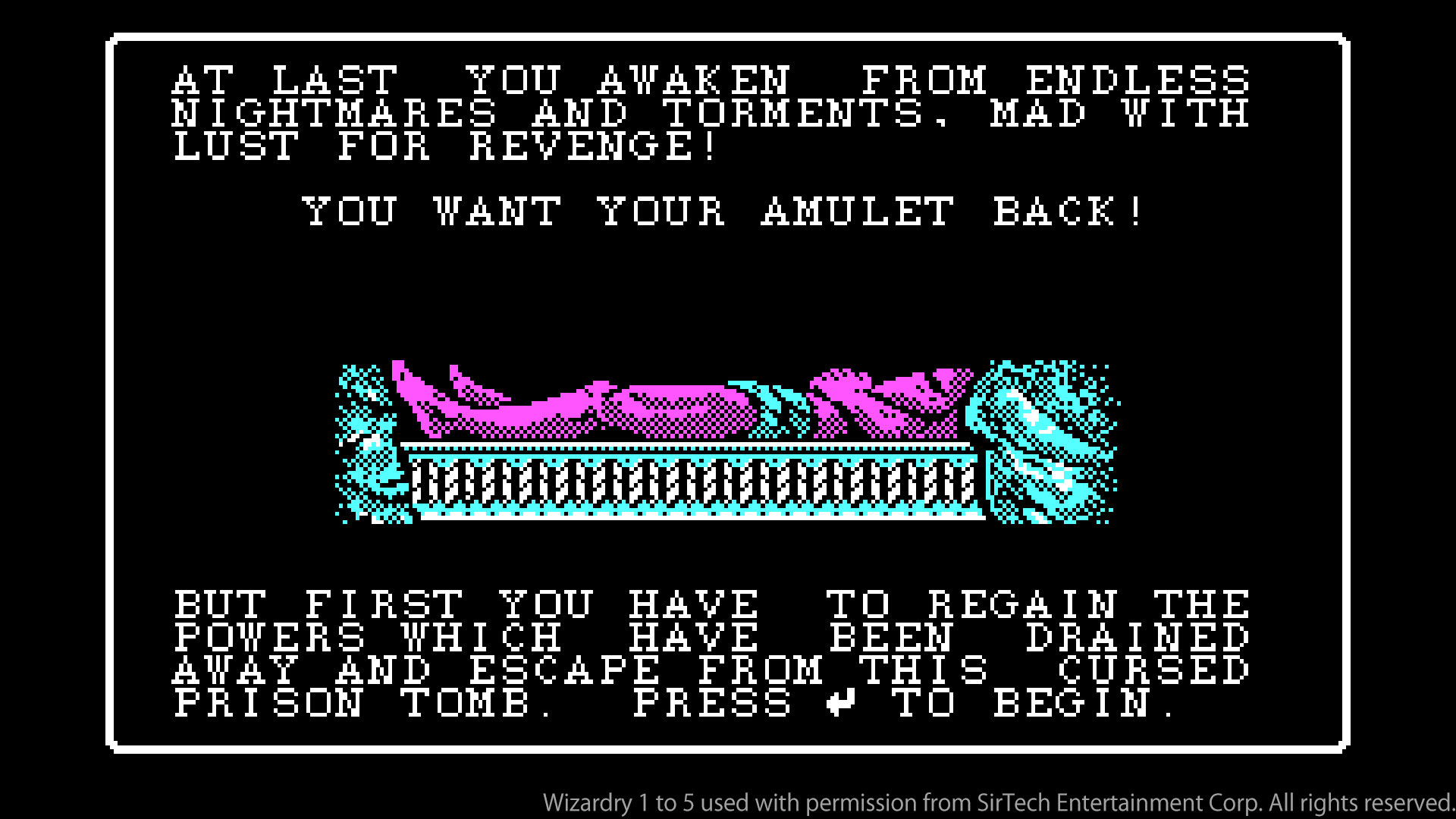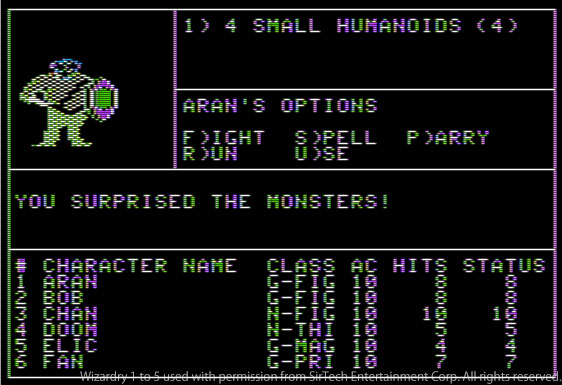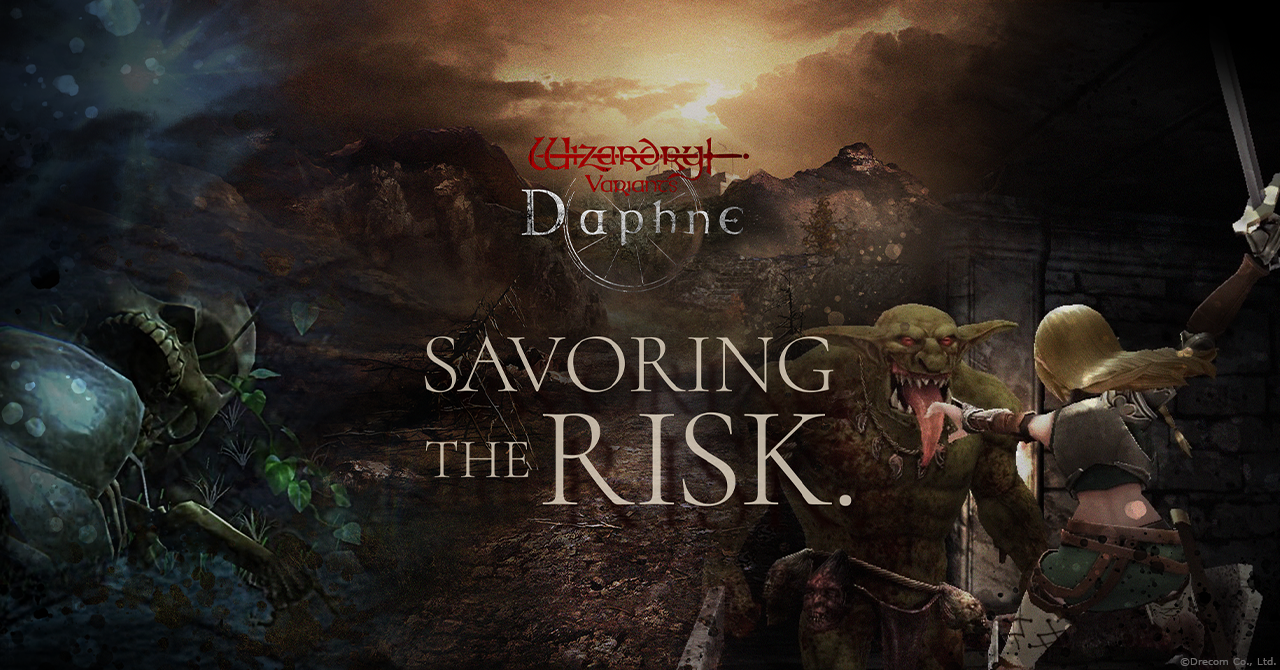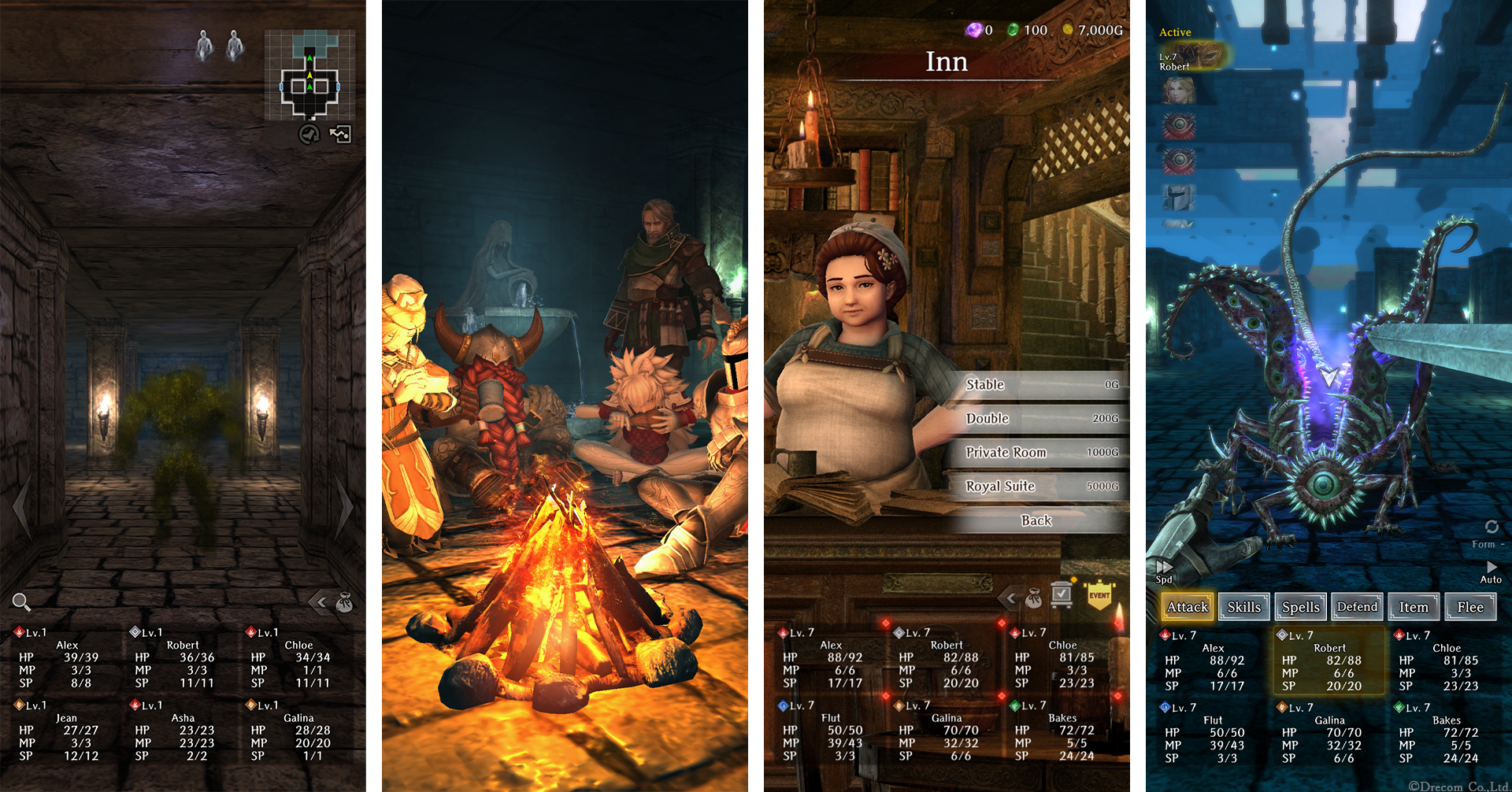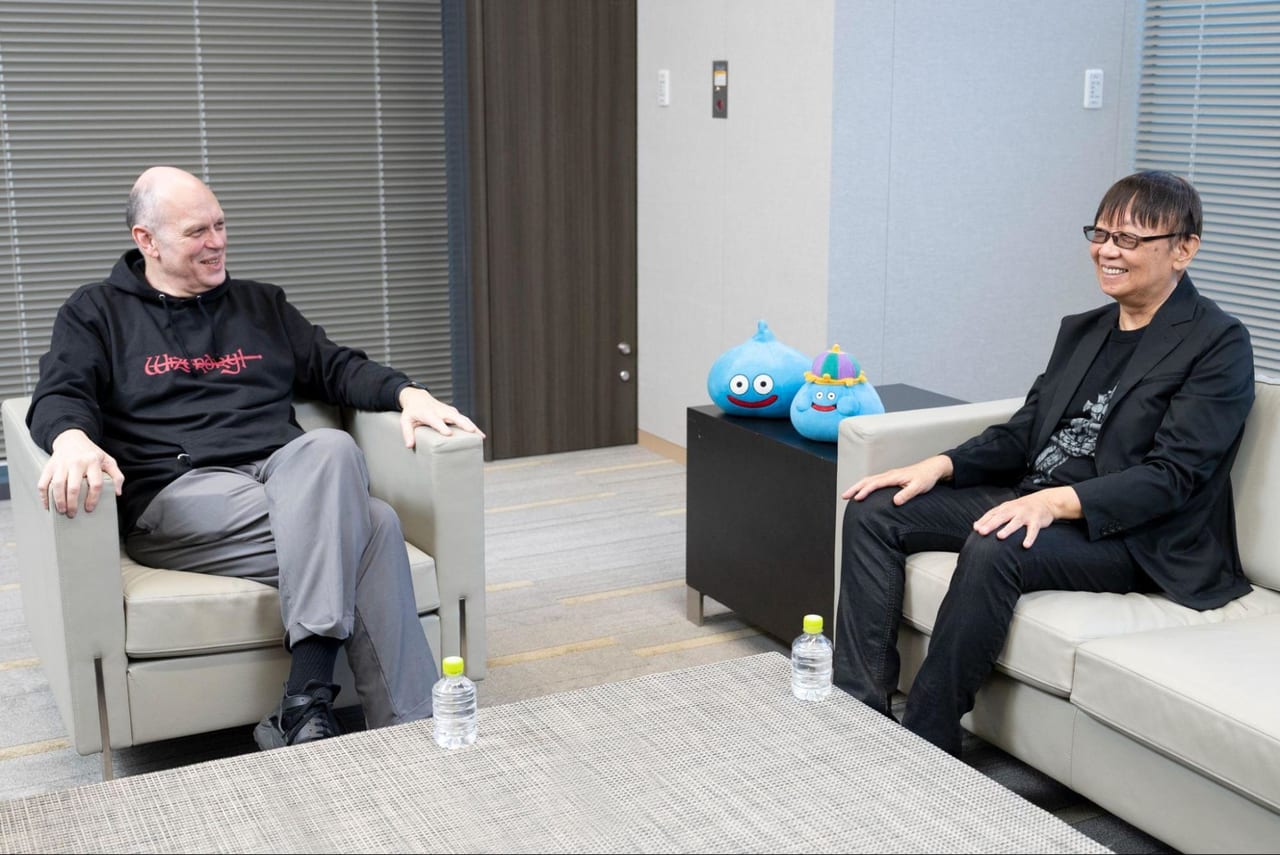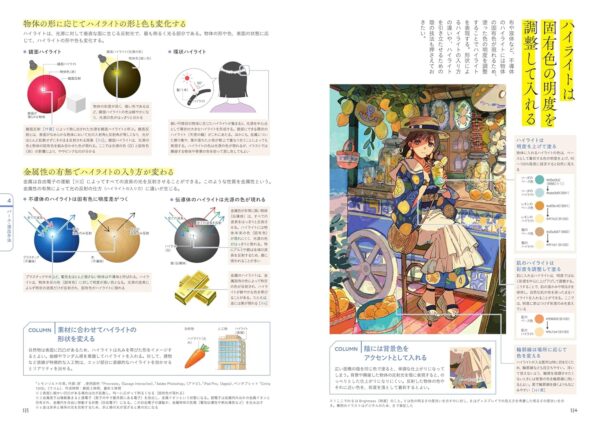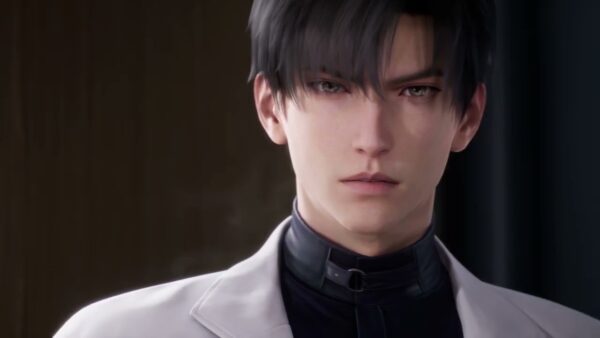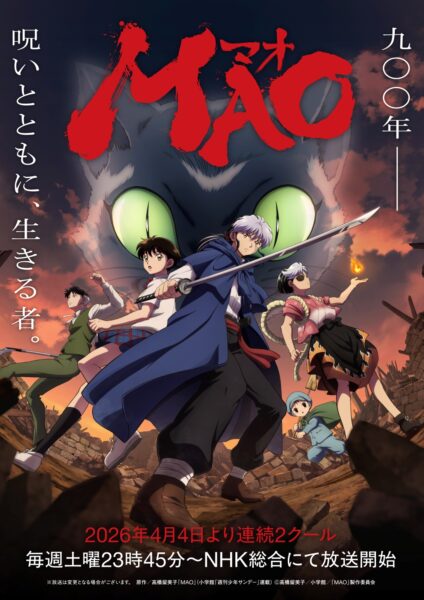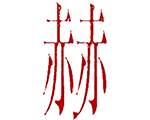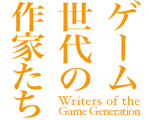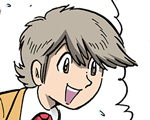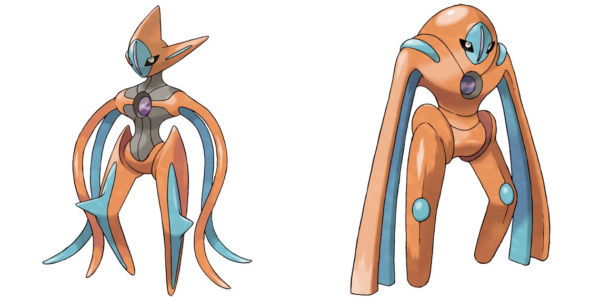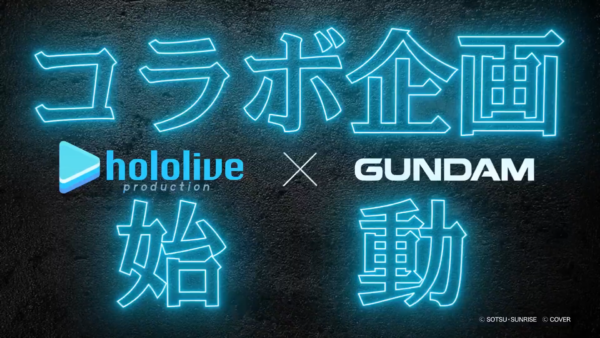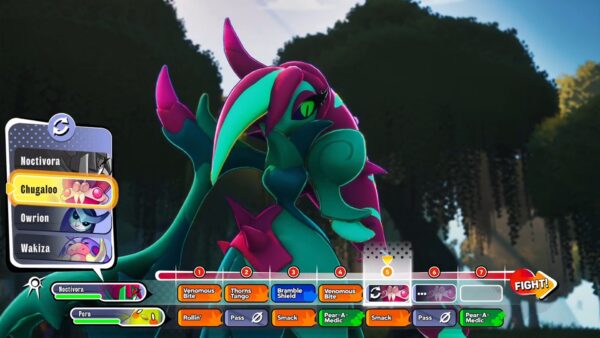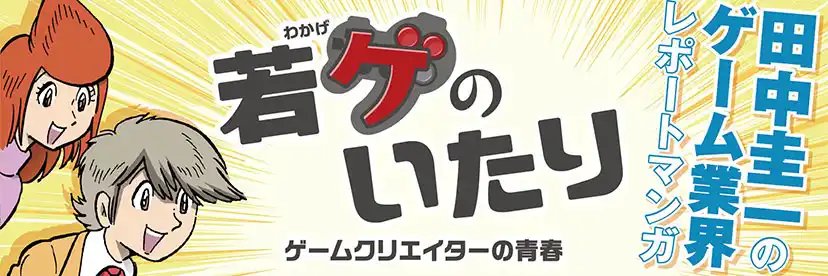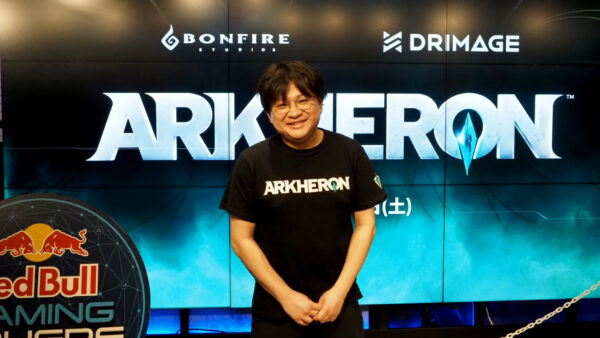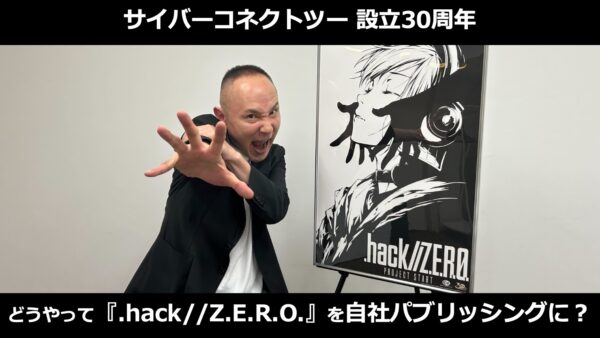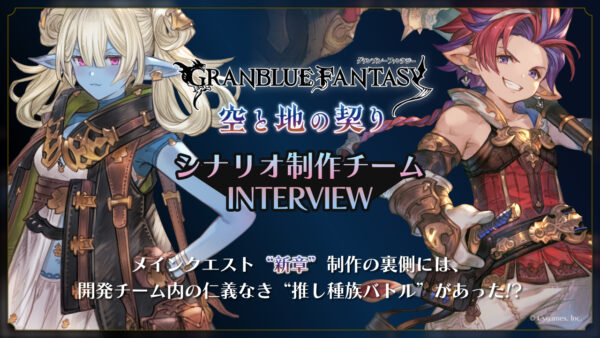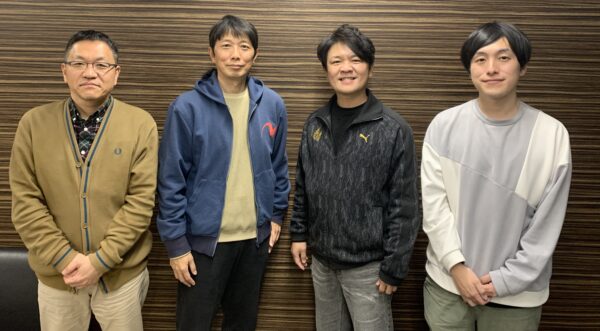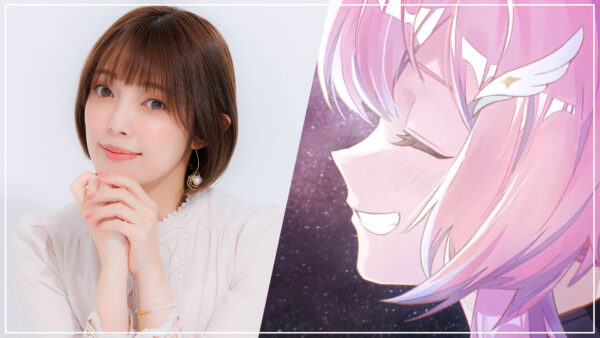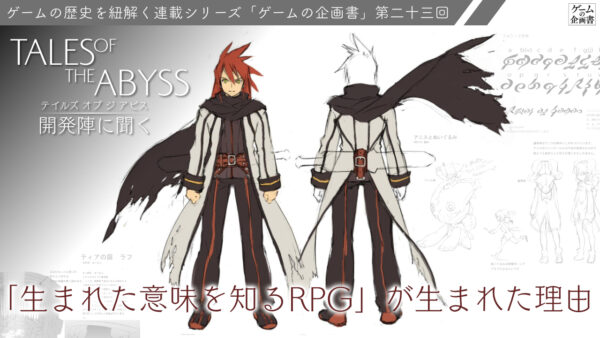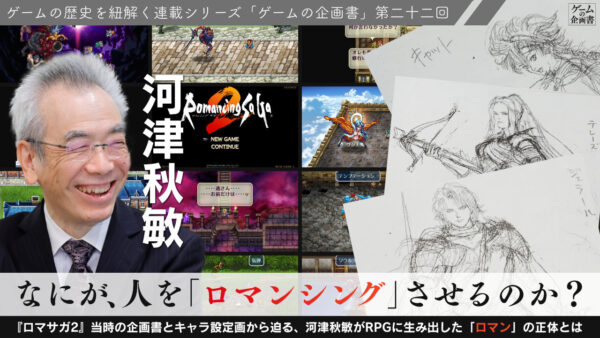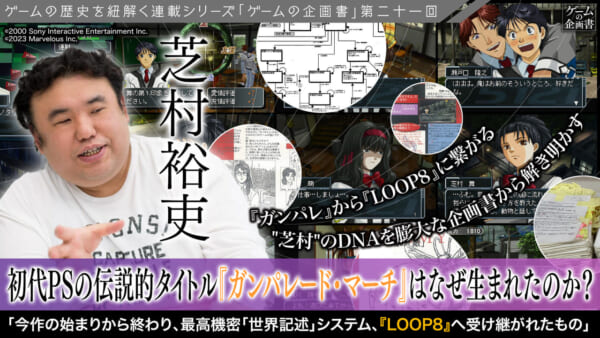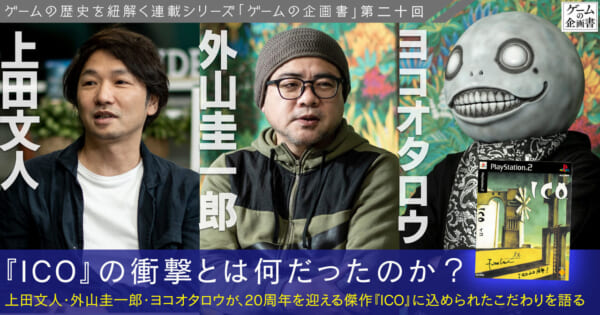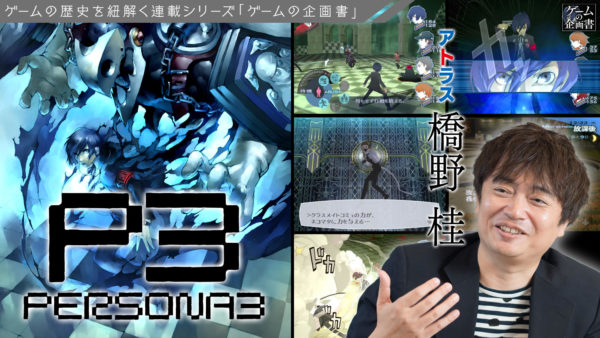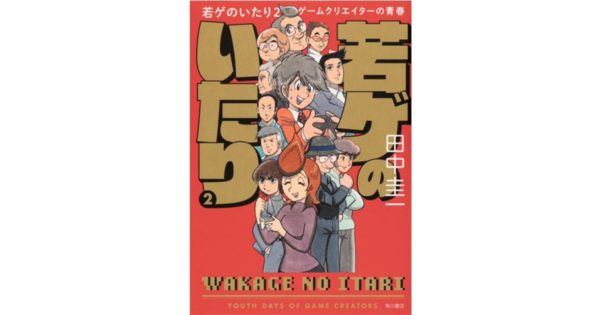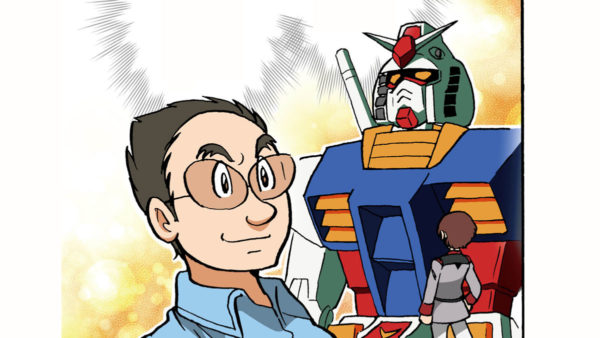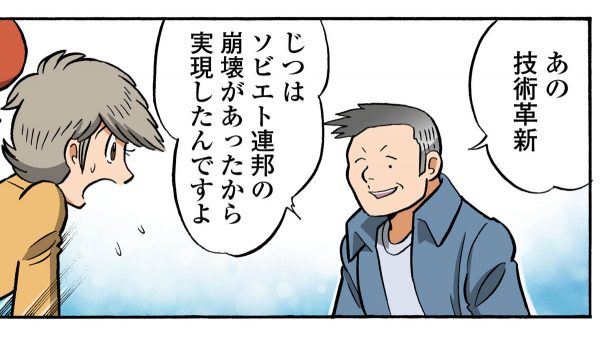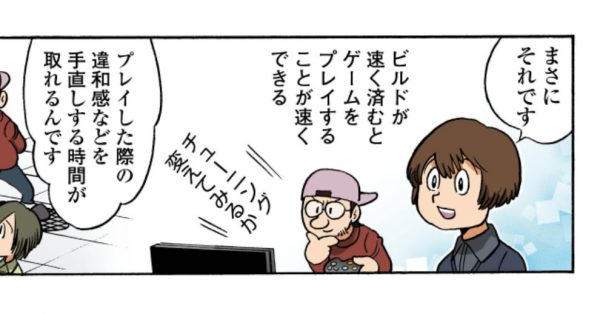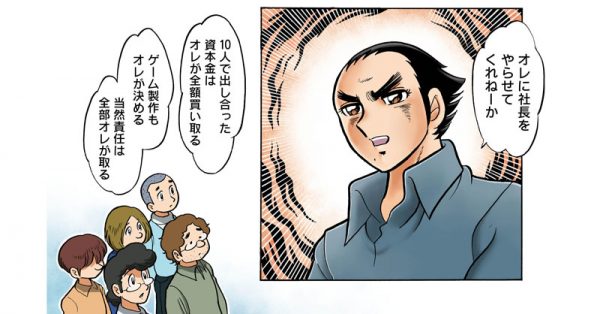Asking the original creators on where the spells of “Dragon Warrior” and “Wizardry” came from.
──We all would agree that “Dragon Warrior” and “Wizardry” use very iconic yet distinct spell names. May I ask each how the spell names were decided?
Robert:
Most of the “Wizardry” spells were invented by Andrew. There is not a strict grammar for the “Wizardry” spells, but we did try to add some simple rules to it.
However, at that time we were constantly struggling to save memory space. Due to the technical requirements of fitting the program into the limited memory, we had to slightly change some of the spell names from what Andrew had originally had in mind.
When making the sequels, we added new spells, but we ran into many situations of “this spell name doesn’t feel like a Wizardry spell” and having to renaming them to sound like its “Wizardry”.
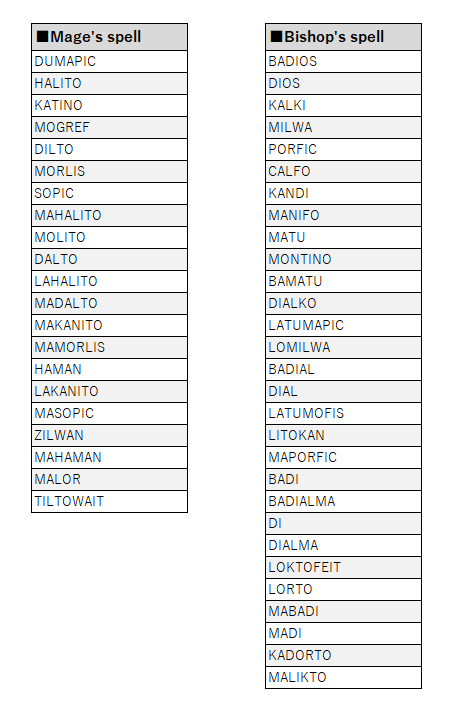
Yuji:
What I thought was interesting about “Wizardry” spells was that they are not English. It does not have much grammar to it and it is not a word one can relate to. But that feeling of not knowing what it meant is what made it interesting.
I kept telling myself that ”It is a spell, it should be something we don’t understand in a common tongue”.
In order to translate the enigmatic feeling of “Wizardry” spell names where it did not use a common word, in “Dragon Warrior” we used spell names that were based on an onomatopoeia. Like Mera, Gira, Bagi, it is not Japanese nor English.
I also was influenced by the three stages of “Wizardry” spells. As each spell raises its tier, the spell name will also change for each stage. For example “Mera, Merami and Merazoma” and “Io, Iora and Ionazun”.
Robert:
Back then we did not have access to Google search, so I think nobody knew how the “Wizardry” spell names were decided.
Hearing that Yuji once wanted to become a manga writer, I now see that your use of onomatopoeia for spell names was fitting for your background.
──Speaking of spells, I noticed that in “Wizardry” each spell has a certain number of uses, while “Dragon Warrior” uses a MP system to pull usage from a single source. What were the reasons to implement the MP system in “Dragon Warrior”?
Yuji:
It was simply, I did not really like usage per spell system.
All:
(laughter)
Yuji:
At the time I thought it was easier to track how much MP you had than to remember the usage of each spell.
The game saving feature was called the “Spell of Resurrection” which required you to enter a password to resume your progress. Due to limitations, password could not fit all records of how many times each spell has been used. While a MP system only requires the password to remember the MP value.
Side note, “Dragon Warrior” does not use the term Magic, but calls it Spells because that is how “Wizardry” calls them.
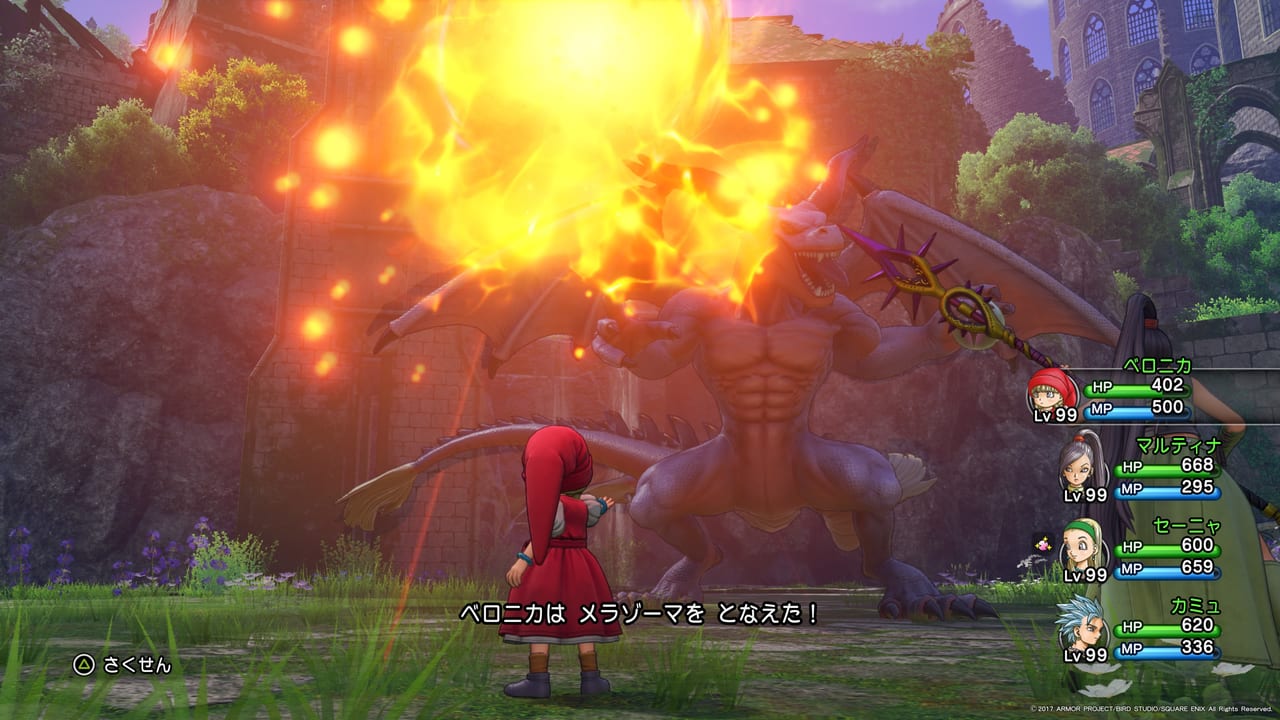 |
──When “Wizardry” came out, many other computer games were much more simple. Out of them, “Wizardry”’s story telling and world settings including characters like Werdna were one of the first to do so in computer gaming. Why did you decide to include story and world settings in a computer game?
Robert:
Most of the world settings were made by Andrew. And one of the main influences was that during our college years when we made the game, the tabletop Dungeons & Dragons was very popular within the campus. Many weekends were spent having two-day straight sessions of D&D.
We loved D&D so much, we wanted to make a game that is immersible like D&D. But then the main challenge was that tabletop does not have any limitations besides what you can imagine. However, computer games, especially on the hardware at the time, had many limitations.
Within those limitations, we had to express the world settings using minimal text and illustrations. By the way, the text and the illustrations of “Wizardry” were made by Andrew’s friend and his passion towards D&D was immense.

Yuji:
I really loved the world of “Wizardry”.
Like when choosing where to spend the night, there is an option to choose the stables.
“Sleeping at the stables? It must be really cheap!”
Also like how a character can be permanently lost by turning into ashes, or being unrecoverable after teleporting into the stone wall.
Robert:
Even though we made the game, I still think the permadeath of characters were rather too harsh. Just before a character would die, I would slam on the disc so it does not read the permanent death.
Yuji:
Oh, I used to do that too.
All:
(laughter)
Yuji:
From that harsh experience playing “Wizardry”, I made it more docile to lose half of your gold, but you do not lose the character if you die in “Dragon Warrior”
──Sorry if I’m sidetracking a bit, but in “Wizardry” there are Japanese references like “MURAMASA BLADE” and classes like Ninja and Samurai. Why were these Japanese culture references implemented in the world of “Wizardry”?
Yuji:
I wanted to ask Robert about that too.
Robert:
A Lot of that comes from me being influenced by the TV drama “SHŌGUN” 【※4】 that starred Toshiro Mifune. The drama was very popular at the time, and I too was convinced that Japanese culture was very cool.
When making “Wizardry” we put everything we thought that was good and cool, and “SHŌGUN” was amongst them, so that is how Japanese references made it into “Wizardry”.
※4 ”SHŌGUN”
TV drama that was aired in the USA by NBC in 1980. The story starts with a Dutch sailor, John Blackthorn, who was marooned in Japan during the early Edo period. Also known for starring Toshiro Mifune.
Yuji:
It was very tough making the Ninja class in “Wizardry” as well as very rewarding. “Wizardry” was the game that taught me how powerful a MURAMASA can be. Katanas were so overpowered!
Robert:
I’m glad that you also felt that way.
My impression of Japanese Katanas was that they are overpowered. Why do many RPGs have Katana as one of the strongest weapons? Easy answer, because that is what Katana is.
──Yuji, back then was it very innovative to see Samurai and Ninja in a western fantasy world?
Yuji:
Yes it was very unique and it really stood out. I was also happy to see Samurai and Ninja appearing in the western fantasy setting, and knowing that those classes were advanced classes really kept my motivation to make those classes.
──From my personal impression, the current recognition of “Ninja being a very critical hit based class” and “Samurai are less durable than a pure Fighter, but excels in damage output” in other RPGs comes from “Wizardry”. How did you decide the stats and traits of each class at the time?
Robert:
The advanced classes in “Wizardry” were basically combining 2 other basic classes into one. We did not actually plan out the stats on the class’s image, but added the class name after combining the basic classes.
From a coding perspective, we had little room to add a few more classes, and the easiest way to do that was making an advanced class by combining two of the existing basic classes. When in development, there was not anything further than “this should do it”.
──Interesting, now for “Dragon Warrior”, it has a unique setting where it is a rather western based setting, but not totally a high fantasy with some touch of a fairy tale like aspect. It is something that can only be described as “Dragon Warrior” like fantasy. How was it made?
Yuji:
Back then, we had an option to add Ninja and Samurai like how “Wizardry” did. But the issue we had was that the players are Japanese unlike “Wizardry”. If we went with a Japanese style world, it would break us from the immersion as it would look too much like a fake.
So for “Dragon Warrior” we had to go to western sword and magic style world to separate the Japanese players from their reality and let their imagination guide them into immersion. Lack of knowledge can help with the realism of a fictitious work.
Robert:
Like how “Dragon Warrior” used a western based world where the majority were not familiar with, “Wizardry” too used an unfamiliar Japanese taste to add the sense of exoticness within the game.

RPGs allow you to play even if you are stuck in a spot. The reason why Yuji made RPGs.
──Originally Yuji was writing story scripts for other adventure games like “THE PORTOPIA SERIAL MURDER CASE”. After playing “Wizardry”, did it convince you that RPGs allow you to write a better story? Or was it something else with the RPG game system that led you to make RPG?
Yuji:
Issue with adventure games was that if you get stuck on a puzzle, you cannot do anything else to progress the game.
In a RPG, if you get stuck, you can always grind to make your party stronger. There is always an option to do something else when you are stuck.
As you grind for levels, you may come up with a solution. Having that freedom that I learned from “Wizardry” was what made me think to make RPG.
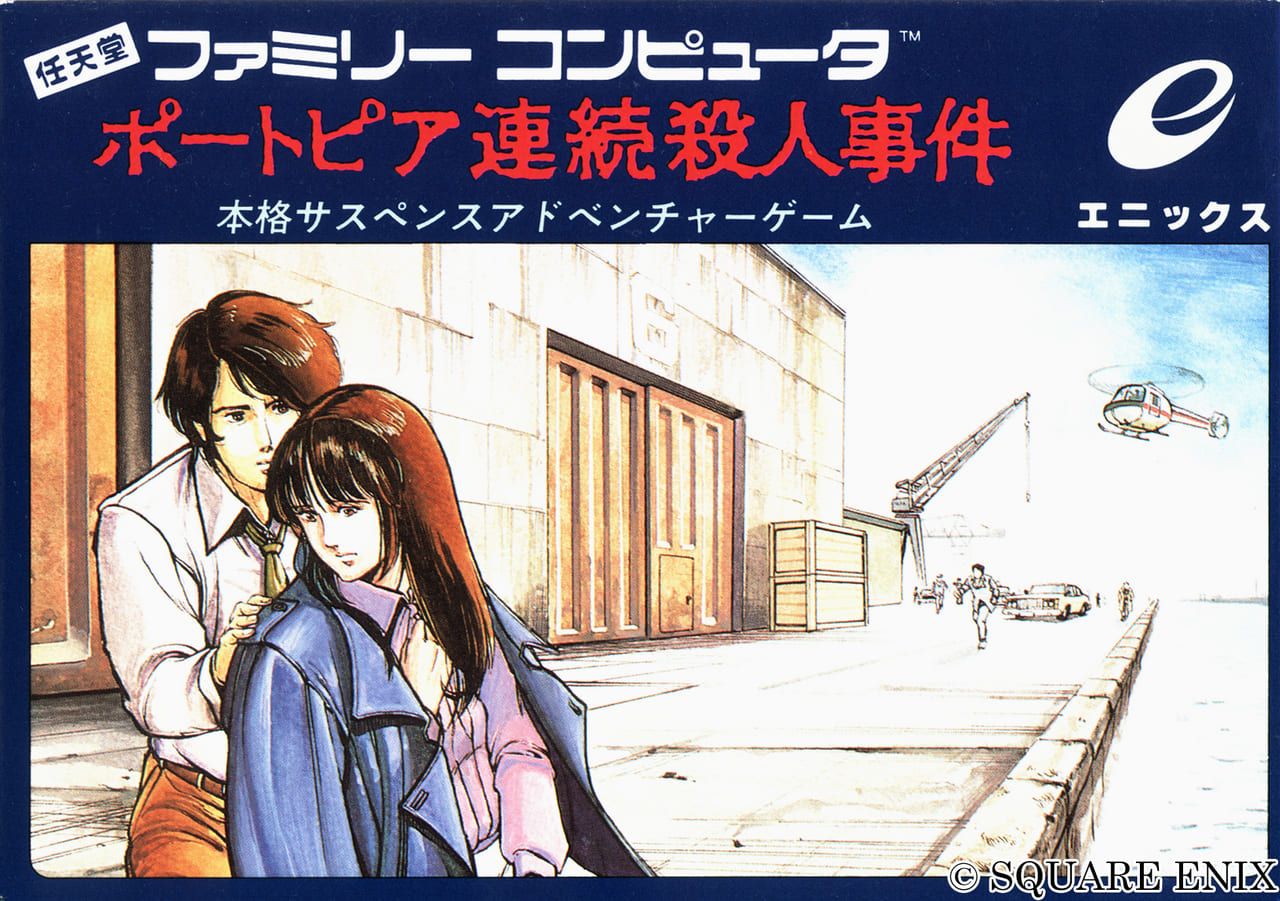
Robert:
One of the strong features of “Dragon Warrior” is the story. The story telling aimed towards the player is very well made.
On the other hand, “Wizardry” kept its storytelling to a minimum and let immersion through character creation cover for the lack of storytelling. In contrast, I think the storytelling of “Dragon Warrior” is what makes it so different from “Wizardry” and I really liked it.
The first trilogy of “Wizardry” had minimal storytelling, and it was not until the fourth sequel “Wizardry IV : Return Of Werdna” 【※5】 where we were finally able to implement a full story that we wanted to.
※5 Wizardry IV : Return Of Werdna
Fourth of the “Wizardry” series. Werdna, the final boss of the first title, being the main character was shocking to many Wizardry fans. Considered to be one of the difficulties of the series as it required prior knowledge from the first three titles.
Yuji:
”Wizardry IV” the one where you are Werdna. Yes I was surprised by that.
You know, I never dreamed that there would be a day where the original creator of “Wizardry” would play “Dragon Warrior” and comment how they liked it, I’m speechless.
Today is like the day where my dream came true!
The first time I played “Wizardry” was 40 years ago, so it is a dream that has simmered for 40 years!
Robert:
I was plainly stating the facts. A good game deserves to be complimented.
Thinking back on how “Dragon Warrior” influenced the gaming industry, I think it laid the foundation of how a story should be told in a RPG. I think “Dragon Warrior” became the basis of how storytelling should be made in computer RPGs.
To introduce manga style storytelling into a different medium is a great accomplishment. Reflecting back on the previous analogy of the chain, “Dragon Warrior” was not only influenced by “Wizardry” but is also linked with the chain of manga.
……I feel we can keep praising each other forever.
──(laughter). One of the notable aspects throughout the entire “Dragon Warrior” series is that the main character does not speak. Robert, how do you see this aspect?
Robert:
This is my personal opinion, but I think there are two reasons “Dragon Warrior” chose to stick with the protagonist to not speak.
One is it helps players to immerse themselves as the main character. The second reason is to save memory space.
All:
(laughter)
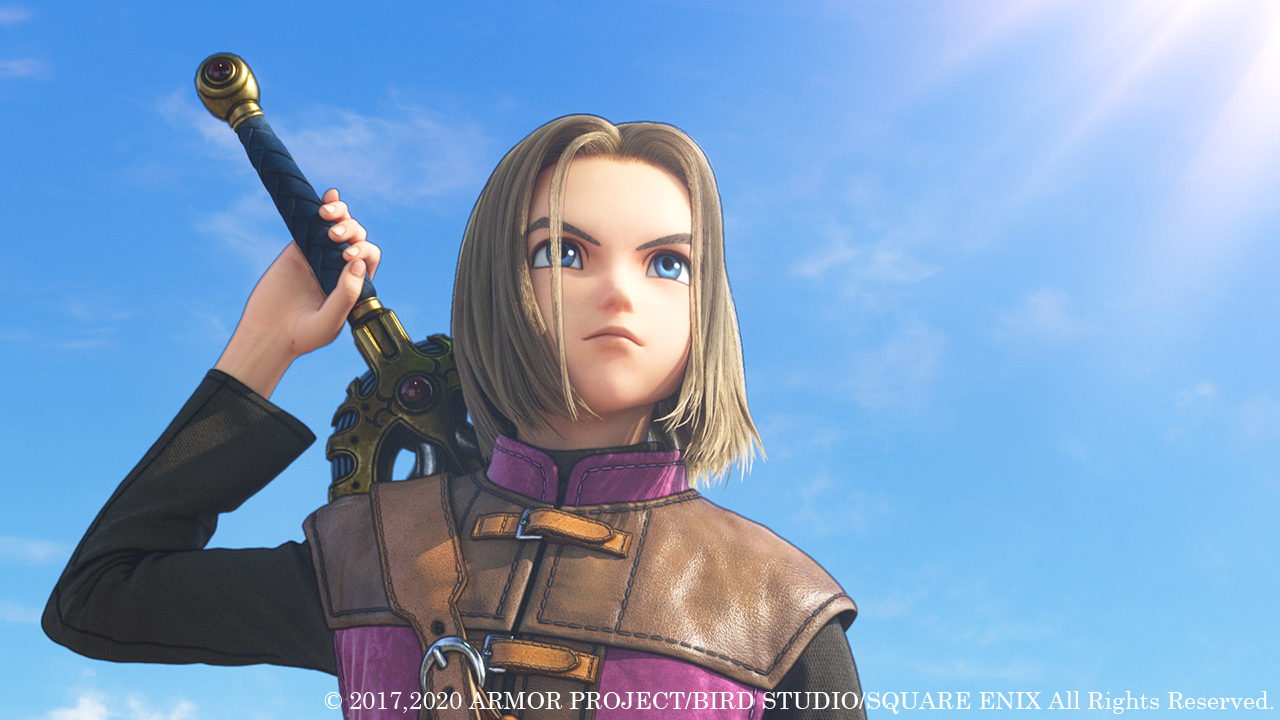 |
Robert:
It allows you to skip making a script for the main character.
Yuji:
Actually you are right, as saving memory space was one of the big reasons.
The first “Dragon Warrior” on Famicon only had 64kb. We had to do everything to save space.
Robert:
For us, it was 48kb on our first title!
──I can’t imagine making a game of such size now. Besides hardware issues, is there a reason why the main characters of “Dragon Warrior” do not speak?
Yuji:
I strongly believe that the main character of “Dragon Warrior” is the player. They are not given any dialogue to help players immerse into the game. When a character speaks on their own, it breaks the immersion as it feels like you are not the character.
As the game hardware evolves and characters are more depicted in detail, having a silent protagonist stands out in an awkward way. Modern games need to add reactions to the main character or else you cannot have a single character that just stands in one place while the other characters show various expressions.
Because game graphics can show more in detail and look realistic, developers are required to use more of their imagination.
Robert:
Most modern games seem to find the balance of having the main character select few dialogue options. Like having few obvious choices of humor focused options and a beneficial option for gameplay.
In order to find a balance of not making the main character not too awkward, but still maintaining some immersion is to give few choices for the players to make during a dialogue.
──Somewhat related to the current topic, both “Dragon Warrior” and “Wizardry” are series that started over 40 years ago. After going through many advances in technology and trends, what are some major changes that occurred in game development? Or what feels needs to be changed for the future?
Robert:
That is a very difficult question.
For any game creator, they should always aim to make the best
use of what resources the hardware and game system provides. Anything that made the best use of everything that was available at the time will be considered to be a good game, even many years in the future.
For example, a sequel to a game is not bound to stick to the same system they initially implemented due to hardware limitations. Games should keep adapting to the hardware of the time it was made in, and implementing a design that meets the creator’s standards is what makes a game a good game.
Yuji:
What I feel that changed the most over the years is “the size of the dev team and the cost”. For example, the first “Dragon Warrior” only had a few members in the team, and only took like half a year to make it. The latest titles now have a team of over hundred people which takes like four to five years to make a title. The cost to make one title now is nothing compared to titles made back then.
Despite the differences in cost, the core “fun” of “Dragon Warrior” I believe remains the same; “fight and get strong, and experience the story”. So the base skeleton of “Dragon Warrior” I believe remains the same even today.
Also modern games have to compete with other forms of entertainment. Users are presented with many other forms of entertainment besides video games, and we have to install interest in those users that when comparing with other entertainment besides “Dragon Warrior”, “Dragon Warrior” needs to win their interest. Having said that, although the core concept of “Dragon Warrior” has not changed, various adaptations are made within the creators to meet with modern demands.
I might sound funny but, I personally think even kids today can enjoy playing the first “Dragon Warrior” trilogy.
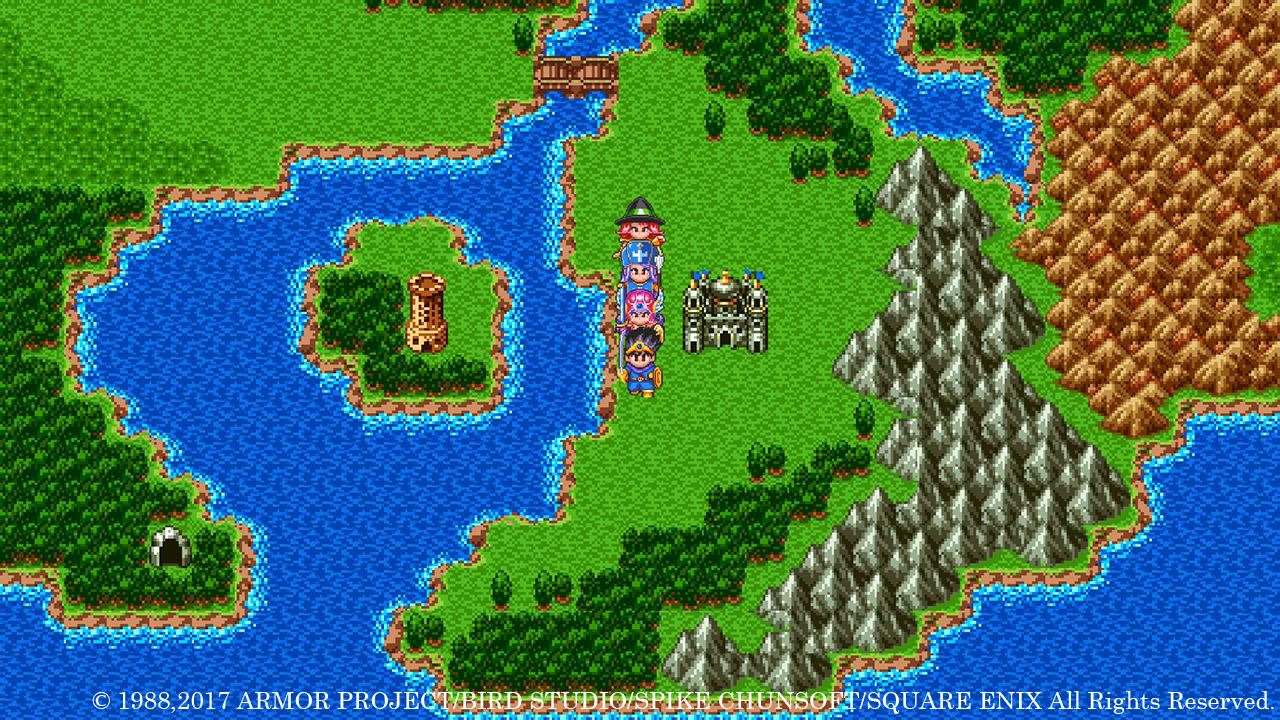
──Sorry for back tracking a bit, but in “THE PORTOPIA SERIAL MURDER CASE” there was an underground dungeon exploration part. Was that too inspired by “Wizardry”?
Yuji:
Yup. Koichi Nakamura 【※6】 was also a big fan of “Wizardry” so when making the Famicom of “THE PORTOPIA SERIAL MURDER CASE”, we decided to implement the underground dungeon in it.
We even implemented the text message of “Monsuta Sapuraizudo You”【※7】, ha ha ha!
※6 Koichi Nakamura
Chairperson of Spike Chunsoft. Director and programmer of the “Dragon Warrior” series. Also known for titles such as “Torneko: The Last Hope ” and “Otogirisou”.
※7 ”Monsuta Sapuraizudo You”
An in-game message used in the underground dungeon of “THE PORTOPIA SERIAL MURDER CASE”. An homage to “Wizardry” where if the monsters preemptive attack were followed by a message “Monster surprised you”.
──Many of the kids back then did not understand what the message meant, and the gamer adults would explain to them that it came from a title called “Wizardry”.
Robert:
So it is not just me wanting to put easter eggs and parodies in their game! “Wizardry” too has made many references to movies and other works.
──Many of the Japanese players back then probably knew about the “Wizardry” from “Dragon Warrior” and “THE PORTOPIA SERIAL MURDER CASE”. I believe those two title played a big part in spreading the word of “Wizardry” within Japan.
Yuji:
”Wizardry” was originally a PC game, but back then owning a PC was very expensive. Only a few people owned a PC at the time.
On the contrary, Famicom was very popular amongst Japanese players as a much affordable alternative to owning a PC. I was very fortunate to be able to make “Dragon Warrior” that perfectly matched the players of Famicom users.
Robert:
I fondly remember that the Famicon version of the first “Wizardry” was well made. I actually played no part in making the Famicom version of “Wizardry” but honestly speaking, that was the best one out of the entire series.
All:
(laughter)
 |
What RPG means for Yuji and Robert?
──Although this might be too abstract, may I ask the two of you on “what RPG should be” and “what you want players to experience out of RPG”.
Yuji:
For me, the story comes first when making an RPG. I try to emphasize the importance of immersing players into the story..
In “Dragon Warrior”, you enter your name and the first thing the game does is the king will call your name. This personalized experience is something that could not be done in other media such as TV.
Adding the “fight to get strong” game system matched well in that experience. You fight to level up, obtain stronger weapons, and complete quests to be praised. It is a chain of positive reinforcement to make you feel good as you progress.
Then telling the story to the players within that chain is what “Dragon Warrior” wanted to provide players.
Robert:
For me, what I value most out of RPGs is that it is a place to experience the adventure into the world that cannot be done in real life.
Finding interesting spots as you experiment freely, finding extraordinary ways to overcome obstacles and exploring the unknown is what I think makes RPGs interesting.
I especially like RPGs that took into consideration those out of the box player choices. Few modern games that have these little backdoors in consideration makes me happy as a RPG fan.
Yuji:
“Dragon Warrior” too runs on a relatively linear story, but that does not stop me from making dialogue for those rare cases when players go off the rails.
One of the most known ones is the first “Dragon Warrior”. When you defeat the dragon and save the princess, she will accompany you until you return to the castle. Now, normally you would just return to the castle, but then I thought some players may try to stay at an inn during that state. So that is where I inserted the easter egg dialogue of the innkeeper saying “I see you had some fun last night”.
All:
(laughter)
Robert:
As a player, when you try something that the developer might have not taken into consideration, but returns you with the message that they know what you were trying always makes me feel grateful that the game designers really care about the players.
I think modern games have trouble trying to cover everything as games get more complex, but these little easter eggs are what I feel are important as a means of communication between game designers and players.
Yuji:
It is always fun to look for those things in the game,
 |
──The latest of the “Wizardry” series, “Wizardry Variants Daphne” is to be released soon. Robert, are you involved in the development of this title?
Robert:
I was involved in the making of Wizardry I to IV, but after that I’m not really involved in the series. Same goes for “Wizardry Variants Daphne” and I’m not directly involved with it. Also I believe I should not be forcing my opinion on other development teams, so I just let them make what they believe is the best.
But as an individual player, I test played the new title and I felt it had the entertainment and spirit of the original “Wizardry”. I did see a couple of essences of past “Wizardry” titles throughout the game. It is fun to explore the world of “Wizardry” we made, now developed by a different team.
──Some of the concepts of “Wizardry Variants Daphne” include “returning to the basics of RPG” and “reverting time”, which by coincidence have many similarities as “Dragon Quest XI”. Yuji, have you seen the latest promotion video?
Yuji:
Of course I did. Just seeing that “Wizardry” title logo makes me excited. I really like that logo you know.
And it says it will be out on mobile. I will definitely be playing Daphne. It has the catchphrase ”Savor the risk.” so I’m expecting something very difficult like I experienced in the original “Wizardry”.
Robert:
How about adding a “Yuji Mode” that ramps the difficulty by about 10%?
All:
(laughter)
Asking Yuji and Robert on what makes “Dragon Warrior” and “Wizardry” unique, and how “Wizardry II” influenced a boy in depression.
──Through this meeting, what were your impressions towards each other? Also if you have any questions you want to ask the other.
Robert:
Through this meeting, it reminded me of how it was fun to make games. Making a game takes a lot of effort and time, but it comes down to making a game fun.
There is one quote of an American comedian that I like that says “making someone laugh is something I like doing, so I don’t mind even doing it for free. But people actually pay me for it so I’m the luckiest guy around!”. I very much agree to that and for me, game making and my current job of anime translation 【※8】 fits into that passion. And I am lucky that I get money for doing that.
Speaking with Yuji today reassured me that he too is one of those who enjoys making games.
※8 Robert’s current work
Robert is the founder and CEO of AnimEigo since 1988. AnimEigo is a company that produces English subtitles and dubbing for anime and Japanese live-action films (mainly Japanese period dramas and artistic works) and releases them overseas on Blu-ray and other formats. Anime releases include “Urusei Yatsura” and “Oh My Goddess,” while live-action releases include “Lone Wolf and Cub” and “Zatoichi”.
 |
Yuji:
After we released “Dragon Warrior” I, II and III, the name of the title became widely known in Japan. But when making ” Dragon Warrior IV” we hit a wall of not being sure of what to do in the next title. “Wizardry” had a big turning point in the fourth title where Werdna became the protagonist, and also being the last title Robert was involved in.
I am not sure if this is the appropriate time to ask this, but were the reasons for making such large changes in “Wizardry IV : Return Of Werdna”?
Robert:
When we made “Wizardry IV” there were ideas of sticking to the original “Wizardry”, but also at the same time we really wanted to try something new. So we took the risk to challenge the new idea.
As a result “Wizardry IV” became one of the most difficult of the series, and unfortunately did not do so well in terms of sales. But I believe we were able to try out everything we wanted to do in that title, so I was very satisfied with it.
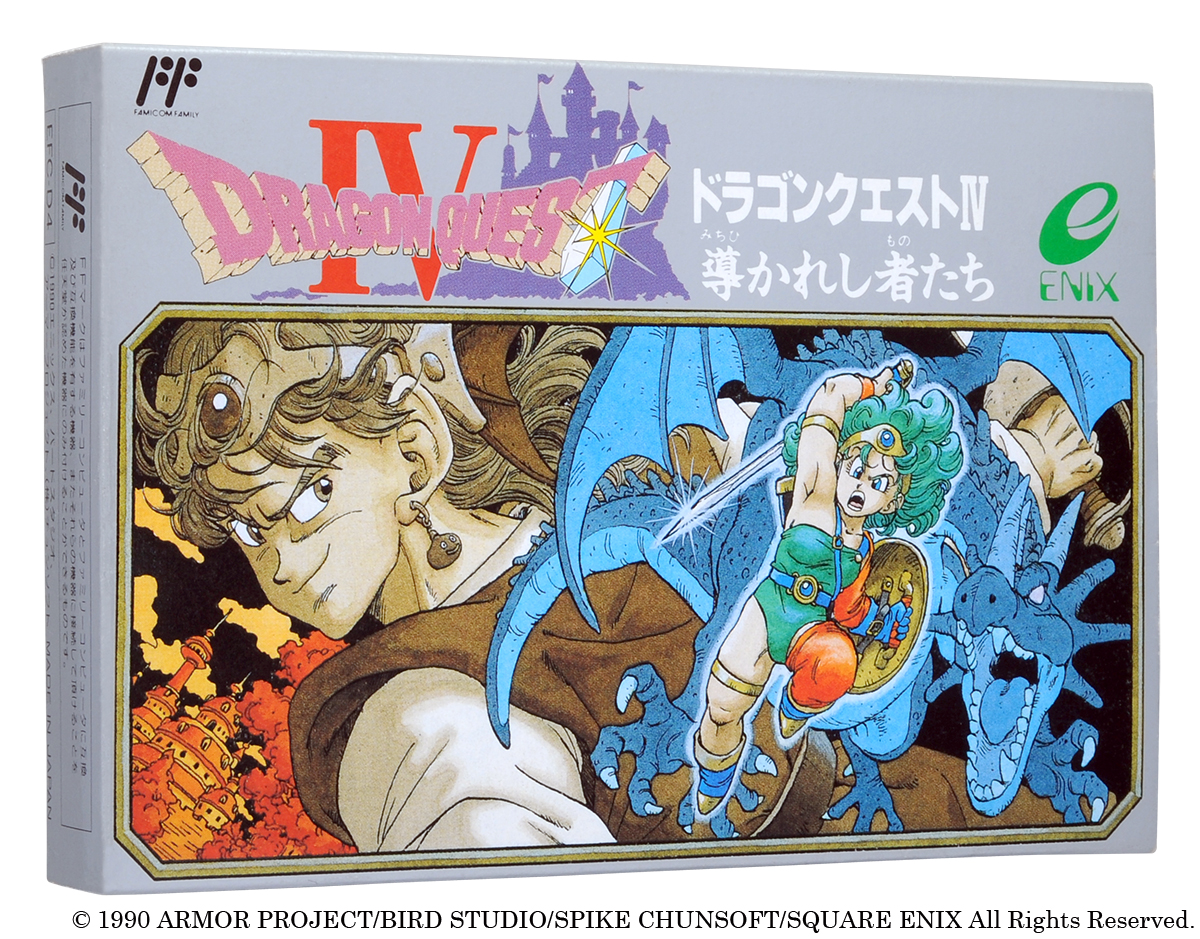
Robert:
Also after making “Wizardry IV”, it was the time when the company and the dev team did not exactly agree upon how the “Wizardry” series should continue on.
So after that dispute, I allowed the company to do whatever they wanted with the following sequels of “Wizardry” and I chose to do whatever I wanted to do. I think that was also the big turning point of my life. Looking back now, I think it is important to do what you want to do. In conclusion, you need to keep challenging new stuff is all I can say.
Yuji:
That is when you started your current work of translating Japanese anime?
Robert:
Not exactly. Starting my anime releasing company was a little bit after “Wizardry IV”. Back then I just moved to Japan from the USA, and was working on 2 major projects.
First one was being involved in making a MMORPG. The second was to marry my current wife. Unfortunately the former did not go so well, but the latter project was a big successful one!
All:
(laughter)
Robert:
With those 2 projects finished, I thought through what I wanted to do next, and that is where I tried out doing the English translation of anime jobs as that matched my interest too.
Currently, AnimEigo revolves around trying to preserve old Japanese anime. We are trying to secure old documents and artworks of anime and finding ways to deliver the passion and love that the creators have made into the future. It is sad to know these get lost through time and forgotten if unkempt. I always felt it is wasteful that such effort made into anime gets lost over time.
Yuji:
Wow, that is amazing.
──For the final question, I would like to ask Robert what makes “Dragon Warrior” special and hear Yuji’s response to that, and also ask Yuji what you think makes “Wizardry” special and hear Robert’s response.
Robert:
What I think makes “Dragon Warrior” special is the storyline and its delivery. Not only is the story good, but the way it is delivered is done well in that it communicates the writer’s intent clearly.
Like when you play a game, you will sometimes see your own reflection on the screen. But when playing “Dragon Warrior”, it feels like I see Yuji’s face beside me on the screen. Through the text and story, it feels like Yuji is beside me on my adventure.
I feel that is what makes “Dragon Warrior” unique and special from other titles,
Yuji:
Thank you!
My style of game making relies heavily on my intuition, so it is hard to explain by words. But when making “Dragon Warrior”, I had this feeling that in the world of cold and dry computers, I wanted to make a warm world within it.
Also, although it is important for people to have freedom, it is also a pain when they are in a situation where they do not know what to do next. So in “Dragon Warrior” we made sure that it is easy for players to find their next objective and feel assured in their decision. But I also like fooling around so I may place some surprises here and there.
When Robert mentioned the text and story of “Dragon Warrior”, it also included those little guides to help players make their next decision.
Robert:
Yes, I did feel your presence guiding the players within “Dragon Warrior”.
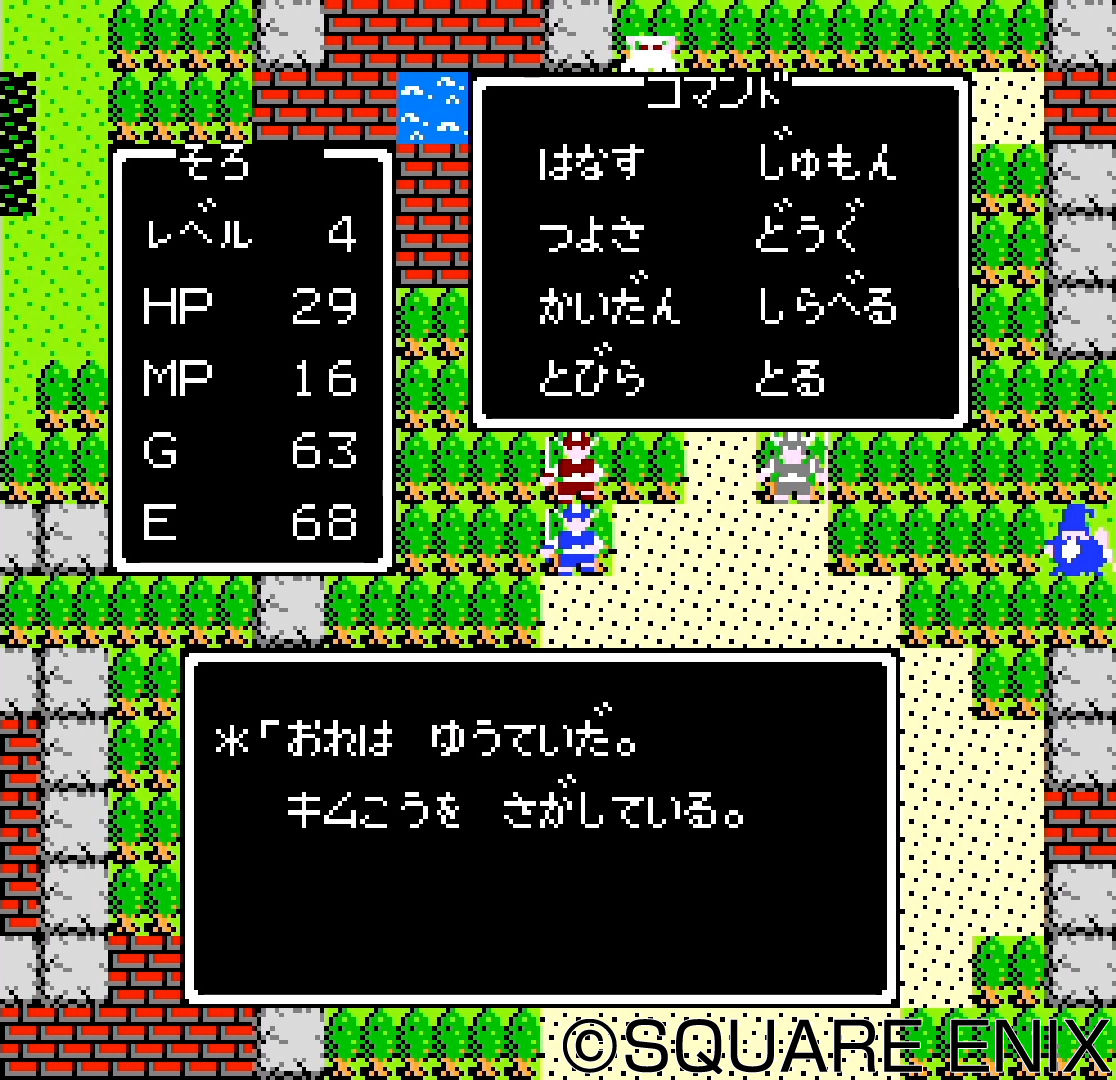 |
Yuji:
The first “Wizardr” was drawn with simple lines. A dungeon is basically a group of lines and numbers. But that simplistic nature is what made players use their imagination.
Being trapped in the stone wall, staying the night at the stables, each little action is elaborated in the player’s mind for a more vivid picture made by one’s imagination. I feel that layers imagining the fun and fear of an adventure is what makes “Wizardry” special.
Robert:
When we made the first “Wizardry” we did not make it with the intentions of how it is fun to be immersed in the game, we found that out much later after the game was completed. When we made it, we just wanted to try out a new thing.
But after the release, we received many fan letters about what they experienced from the game. Out of those letters, there was one that stood out in my mind. It was a letter from a psychiatrist. The psychiatrist had a patient, a boy, who was taking therapy for his depression. The psychiatrist was struggling to communicate with the boy as he did not express himself well through ordinary therapy sessions.
One day, the psychiatrist noticed that the boy showed strong interest in the Apple2 in the clinic. So, the psychiatrist allowed the boy to play “Wizardry” on the Apple2, and the psychiatrist thought of conducting his therapy by not asking about the boy directly, but asking about the characters he made within the “Wizardry”.
With that, the psychiatrist was able to provide an effective therapy to cure the boy’s depression. Reading that letter, it was the first time that made me realize how important it is to immerse oneself into the game and experience it in first-person.
Yuji:
That is such a wonderful story.
When I play “Wizardry”, I get to break free from reality, so it is therapeutic to me too.
Robert:
Reading that letter, I realized how “Wizardry” can change people’s lives. The words that were written in that letter will forever stay in my heart, forming the basis of what I am now.
──Wow, that was such an intriguing story! I thank you both for this wonderful moment!
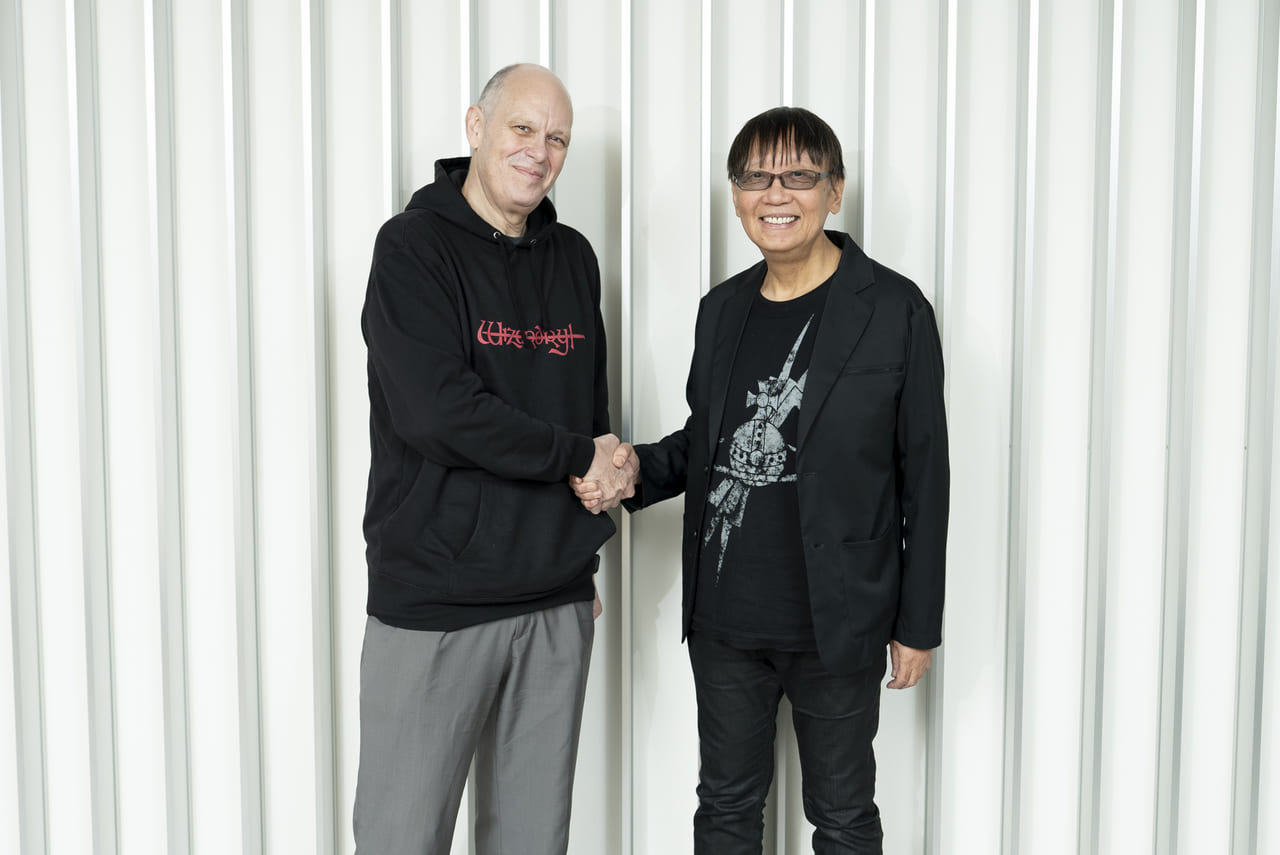
…………Wasn’t that a legendary meeting of RPG history?
After the meeting, the promotion manager of Square Enix commented that Yuji is often told by other game designers how their title was inspired by “Dragon Warrior”, but this meeting was one of the rare occasions to hear how Yuji’s “Dragon Warrior” had inspiration.
Indeed, the times when Yuji talks about being the one to be inspired are rare moments, such as when talking to Robert.
As mentioned in the meeting, RPGs are very influential for players and developers. Through the screen, one can experience an entire new world, monopolizing the adventure to themselves. And like the boy who mended his heart through “Wizardry II”, the experience of RPGs becomes a driving force to live our lives.
I am one of those who received many experiences from RPG, so being able to witness the legendary meeting of the two was… just incredible. It was as if I was seeing the pinnacle moment recorded in history books.
“Dragon Warrior” and “Wizardry” were both played by many and inspired many of us. And other future RPGs will continue to inspire others. I sincerely hope that this wonderful genre of RPG will continue to prosper into the future.
Gaming will continue on to the future!!
© 1986 ARMOR PROJECT/BIRD STUDIO/SPIKE CHUNSOFT/SQUARE ENIX All Rights Reserved.
© 2017,2020 ARMOR PROJECT/BIRD STUDIO/SQUARE ENIX All Rights Reserved.
© 2017 ARMOR PROJECT/BIRD STUDIO/SQUARE ENIX All Rights Reserved.
© 1985 SQUARE ENIX CO., LTD. All Rights Reserved.
© 1988,2017 ARMOR PROJECT/BIRD STUDIO/SPIKE CHUNSOFT/SQUARE ENIX All Rights Reserved.
© 1990 ARMOR PROJECT/BIRD STUDIO/SPIKE CHUNSOFT/SQUARE ENIX All Rights Reserved.
© Drecom Co., Ltd.
Wizardry 1 to 5 used with permission from SirTech Entertainment Corp. All rights reserved.
